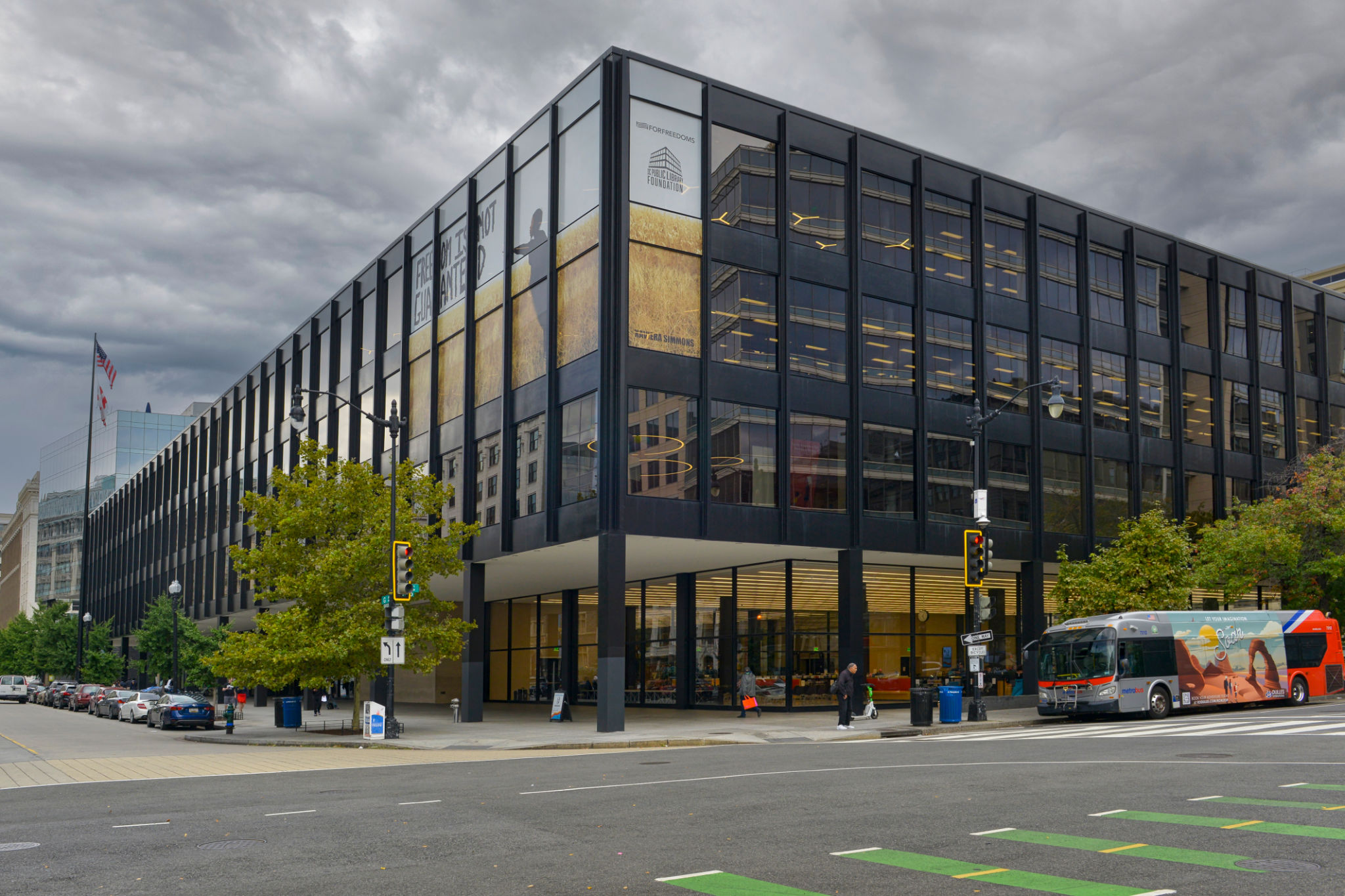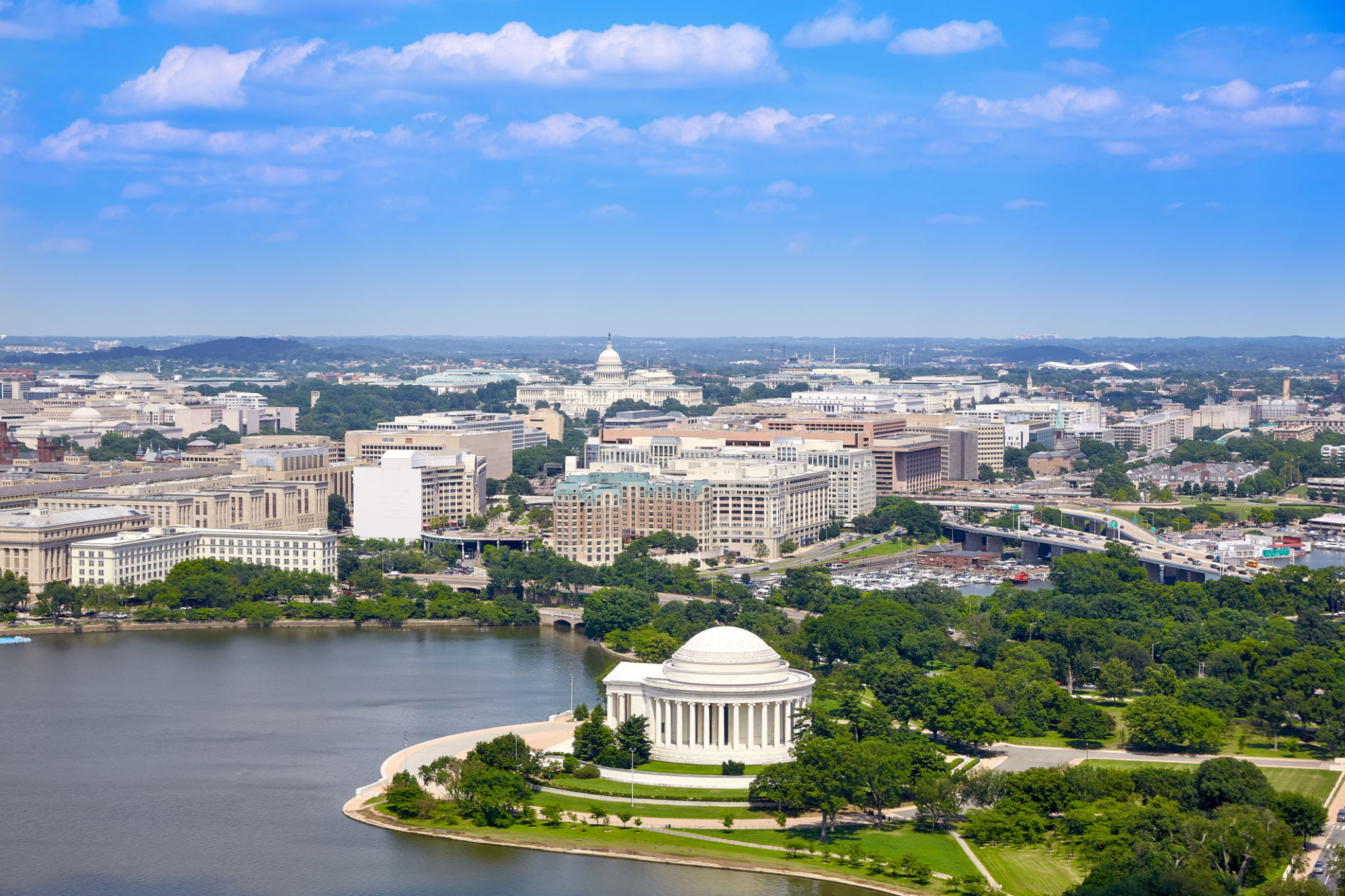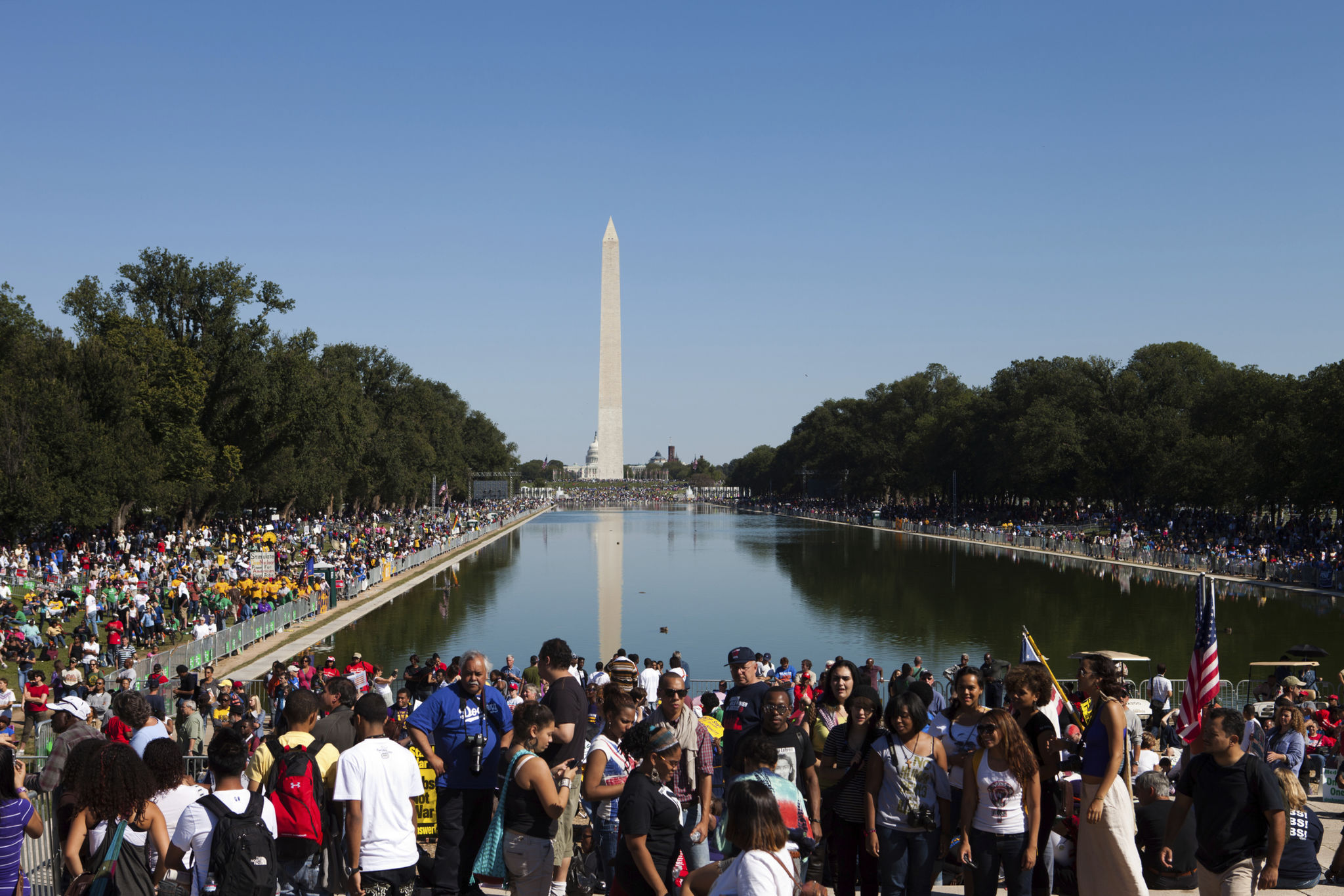The Impact of Local Culture on Literary Works: A Deep Dive into D.C. Authors
Understanding the Influence of Local Culture on Literature
Literary works are often a reflection of the societies from which they emerge. This is especially true for authors hailing from distinct cultural backgrounds, whose writings can provide rich insights into their local surroundings. Washington, D.C., with its unique blend of political, historical, and cultural elements, serves as a fertile ground for writers. The city's influence on literature is palpable, as it shapes narratives and themes that resonate with both local and global audiences.
The impact of local culture on literary works is multifaceted. It influences everything from the settings and characters to the overarching themes. For authors based in Washington, D.C., the city's history, diversity, and political environment often serve as both backdrop and catalyst for their stories. These writers capture the essence of D.C., weaving it into their narratives to create works that are not only engaging but also thought-provoking.

Historical Context in D.C. Literature
Washington, D.C.'s rich history plays a significant role in shaping the narratives of local authors. The city has been at the center of American history, politics, and culture for centuries. This historical context provides a wealth of material for authors to draw upon, from the founding of the nation to the civil rights movement and beyond.
Many D.C. authors incorporate historical elements into their works, using them to explore themes of power, justice, and identity. This not only provides depth to their stories but also allows readers to engage with history in a personal and meaningful way. By grounding their narratives in the city's past, these authors offer a unique perspective on the ongoing dialogue between history and modernity.

Diversity and Cultural Dynamics
Washington, D.C. is a melting pot of cultures, with a population that is as diverse as it is dynamic. This cultural diversity is reflected in the works of local authors, who often explore themes of multiculturalism, identity, and community. The city's diverse neighborhoods serve as rich settings for stories that highlight the complexities of cultural interactions and the challenges of living in a multicultural society.
D.C. authors frequently address issues such as immigration, race relations, and social justice, providing readers with a nuanced understanding of these important topics. By showcasing the varied experiences of D.C.'s residents, these writers offer readers a window into the vibrant tapestry that makes up the city's cultural landscape.

The Political Landscape
As the nation's capital, Washington, D.C., is inherently political. This aspect of the city greatly influences local authors, who often incorporate political themes into their works. Whether through direct commentary or more subtle allusions, D.C. writers engage with the political environment in ways that challenge readers to think critically about power and governance.
This engagement with politics can take many forms, from novels that delve into the intricacies of government to poetry that critiques policy decisions. By exploring these themes, D.C. authors provide readers with insights into the workings of political systems and the impact they have on individual lives.

Urban Life and Modern Challenges
The urban setting of Washington, D.C., offers a unique backdrop for stories that explore contemporary issues such as gentrification, economic disparity, and urban development. These themes are prevalent in the works of many D.C. authors who seek to capture the realities of city life.
The fast-paced environment of D.C. provides a dynamic context for narratives that address the challenges and opportunities of urban living. By highlighting these issues, local writers contribute to broader conversations about urbanization and its impact on communities.
The Legacy of D.C. Authors
Authors from Washington, D.C., have made significant contributions to American literature. Their works resonate with readers both locally and nationally, offering insights into the city's unique culture and its influence on broader societal issues. Through their writing, these authors continue to shape our understanding of what it means to live in one of the most influential cities in the world.
The legacy of D.C. authors is one of diversity, resilience, and innovation. Their stories reflect the complexities of life in the nation's capital while also addressing universal themes that resonate with readers everywhere. As we continue to explore the impact of local culture on literary works, it is clear that Washington, D.C., will remain an important source of inspiration for writers and readers alike.